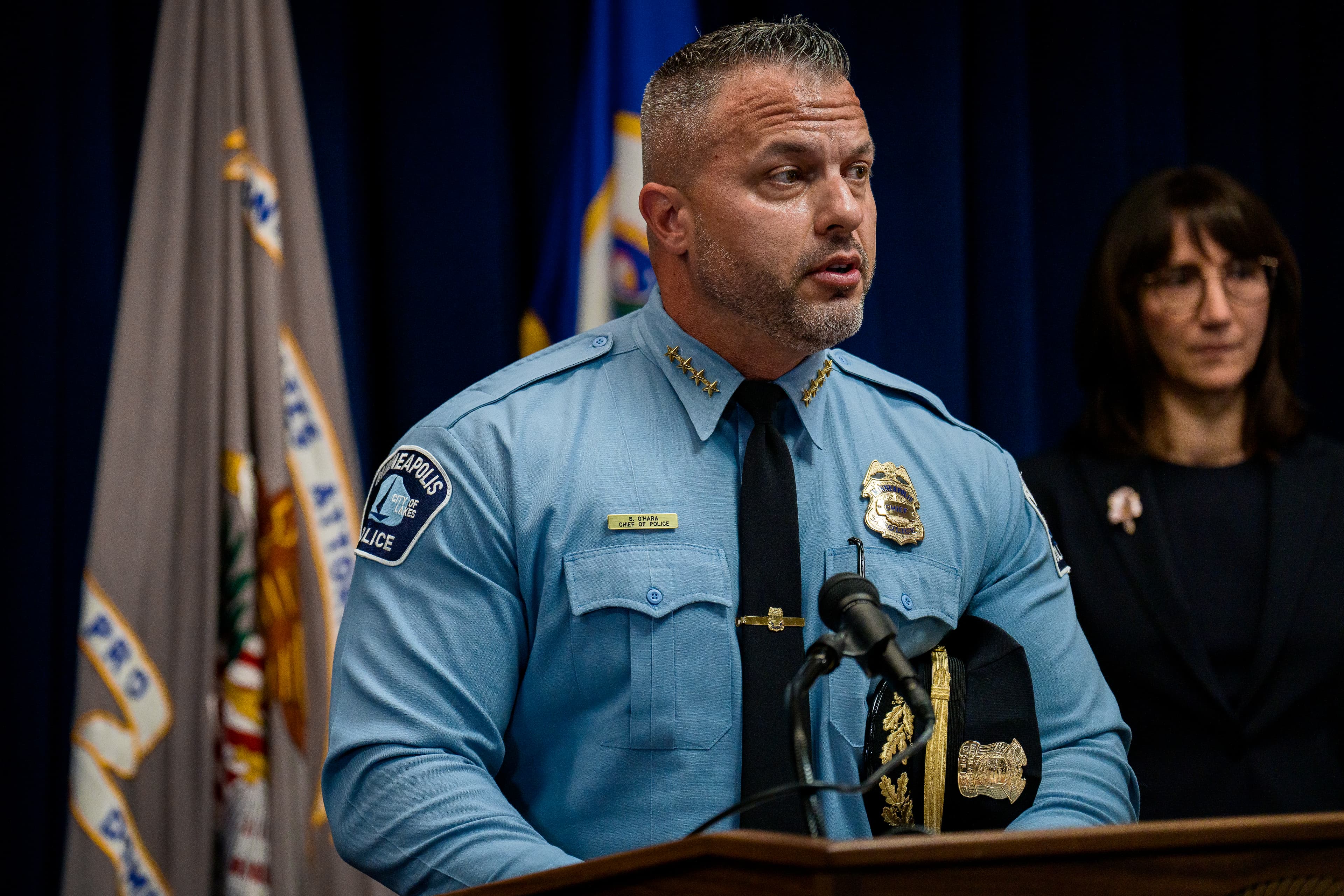Minneapolis Police Force Down 327 Officers Since 2019, Chief Seeks External Aid

Minneapolis Police Chief Brian O'Hara has publicly acknowledged that the department is "woefully undermanned," necessitating significant federal and state assistance to effectively protect the city's citizens. This admission, highlighted in a recent tweet by Bill Mitchell, underscores the persistent staffing challenges facing law enforcement in Minneapolis. The department's current operational capacity is a pressing concern amidst ongoing public safety demands.
The Minneapolis Police Department (MPD) has experienced a substantial decline in its workforce over the past few years. As of June 2023, the department reported 585 officers, a considerable reduction from its 2019 strength of 912 officers. This decrease of 327 sworn personnel has coincided with a notable rise in various forms of crime across the city.
The thinning of police ranks has been directly linked to a surge in criminal activities, including increased gang violence, car thefts, and carjackings. Many officers have departed the force, with some seeking medical disability payments due to post-traumatic stress. This staffing crisis places immense pressure on the remaining officers and the city's public safety infrastructure.
Chief O'Hara's appeal for federal and state aid reflects the department's urgent need for additional resources to combat these rising crime rates. Federal agencies, such as the FBI, have previously provided assistance to the MPD, particularly in addressing violent crime. This external support is crucial for augmenting the city's strained law enforcement capabilities.
The department continues to operate under a state-level consent decree with the Minnesota Department of Human Rights, which mandates comprehensive reforms following findings of racial discrimination. While the U.S. Justice Department recently moved to dismiss its federal consent decree, Minneapolis officials, including Chief O'Hara and Mayor Jacob Frey, have reaffirmed their commitment to implementing all required reforms. This dual focus on reform and staffing shortages creates a complex environment for the MPD.
Chief O'Hara, who assumed leadership with a mandate to reform the department, has consistently emphasized the importance of rebuilding trust and ensuring public safety. He has also highlighted the need to improve the hiring process to attract and retain qualified candidates. The ongoing reliance on external support underscores the critical juncture Minneapolis faces in its efforts to secure its communities.